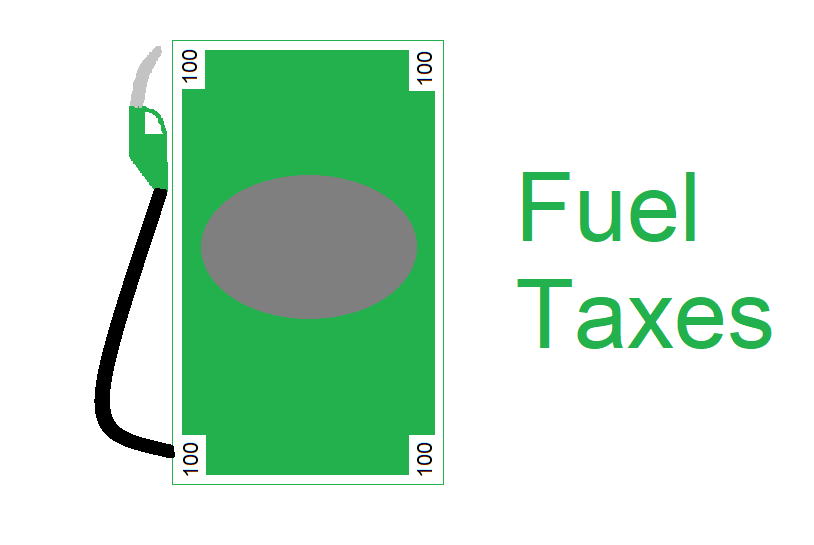Fuel for Thought

IFTA Fuel Taxes Explained
If you have wondered about diesel fuel taxes, how they are paid, how they are collected and how they are dispersed, hopefully the following will give you a better understanding.
IFTA, International Fuel Tax Agreement, is an agreement between the lower 48 states of the United States and the Canadian provinces, to simplify the reporting of fuel use by motor carriers that operate in more than one jurisdiction. Alaska, Hawaii, and the Canadian territories do not participate. An operating carrier with IFTA receives an IFTA license and two decals for each qualifying vehicle it operates. The carrier files a quarterly fuel tax report. This report is used to determine the net tax or refund due and to redistribute taxes from collecting states to states that it is due. Fuel taxes are either collected at the pump (when you purchase fuel) or paid quarterly when you or your carrier files the tax report.
Fuel taxes can be paid at the pump in most states. In most states, the fuel tax is included in the pump price per gallon of diesel. Oregon does not have a fuel tax that can be paid with the purchase of fuel, Oregon only has a mileage tax. Several other states also have a surcharge and/or mileage taxes that cannot be paid at the pump, these can only be paid when the tax report is filed. These states are: Arkansas, Tennessee, New Mexico, New York, Oregon, Virginia and Kentucky. Kentucky also has a surcharge.
Fuel taxes are calculated per vehicle. It is the number of gallons of diesel used by a vehicle (truck) within each state to cover the reported mileage in that state. Mileage taxes are simply per mile taxes for each mile driven in each state that charges a mileage tax.
The formula is miles driven divided by miles per gallon times the amount of the tax equals your IFTA fuel tax amount owed.
1000 miles divided by 10 MPG = 100 gallons multiplied by $0.20 per gallon(Texas rate) = $20.00 owed in taxes to Texas.
If you bought 100 gallons of fuel in Texas, you would owe nothing, if you bought more than 100 gallons in Texas, you would have a refund to apply to other states where you might owe or simply get the refund if you did not owe other state’s fuel taxes.
1000 miles divided by 5 MPG = 200 gallons multiplied by $0.20 per gallon(Texas rate) = $40.00 owed in taxes to Texas.
As you can see from the example above, your truck’s miles per gallon (MPG) can make a big difference in the amount you owe as well. Better fuel economy means lower fuel taxes.
While Texas does not have a mileage tax, for the states that do, MPG has no effect. It is based solely on the miles driven.
There are several strategies when it comes to fuel purchases regarding fuel taxes. In the next blog, a few of theses strategies will be presented. How and why you buy fuel where you do, can have a big impact on your bottom line. Fuel smart to save on taxes and drive smart to lower those taxes.
See you down the road,
Greg
